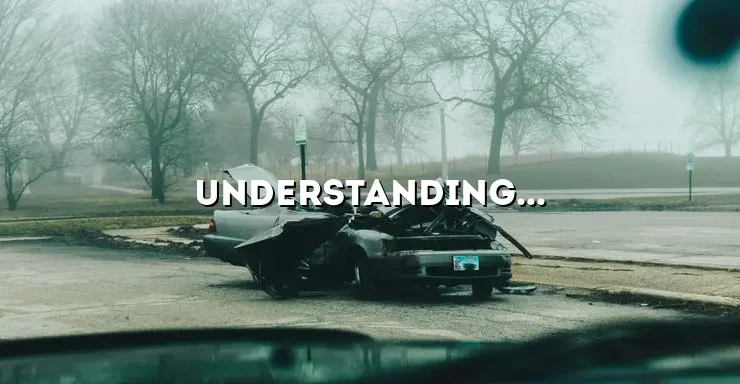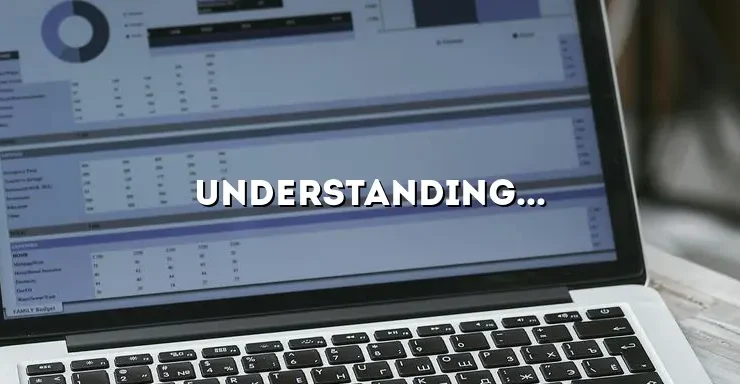
When it comes to navigating the complex world of insurance, it is essential to have a solid understanding of key concepts that can impact policyholders and insurers alike. One such concept is estoppel in insurance, a legal doctrine that can have significant implications in insurance claims and disputes.
In this article, we will delve into the intricacies of estoppel in insurance, exploring its definition, application, and potential consequences. We will provide you with a comprehensive guide to help you navigate this complex topic, ensuring that you have the knowledge necessary to make informed decisions in insurance-related matters.
What is Estoppel in Insurance?
At its core, estoppel in insurance refers to a legal doctrine that prevents a party from asserting a right or a fact that is inconsistent with a previous statement or position they have taken. In the context of insurance, estoppel can arise when an insurer or a policyholder makes a representation or fails to act in a way that leads the other party to believe a certain state of affairs.
One of the fundamental principles of estoppel in insurance is that it aims to prevent one party from taking advantage of their own prior conduct or statements if it would be unfair or unjust to allow them to do so. Estoppel can be invoked to prevent an insurer from denying coverage or to prevent a policyholder from making a claim that is inconsistent with their previous actions or statements.
Estoppel in Insurance Contracts
Estoppel can arise in insurance contracts when one party relies on the representations or actions of the other party. For example, if an insurer consistently accepts premium payments from a policyholder for a specific type of coverage without raising any objections or concerns, it can be argued that the insurer is estopped from denying coverage under that particular policy.
Similarly, if a policyholder makes a material misrepresentation during the application process, and the insurer, despite having knowledge of this misrepresentation, still issues the policy and accepts the premium, the insurer may be estopped from denying coverage based on that misrepresentation at a later stage.
Conditions for Estoppel
For estoppel to be invoked in insurance, certain conditions generally need to be met. Firstly, there must be a representation or conduct by one party that is inconsistent with later behavior or a claim made by that party. Secondly, the other party must have relied on that representation or conduct to their detriment.
Thirdly, it must be unfair or unjust to allow the party who made the representation or engaged in the conduct to go back on their word or claim. Finally, the party seeking to invoke estoppel must have acted reasonably in relying on the representation or conduct.
The Role of Estoppel in Insurance Claims
Estoppel can have a significant impact on insurance claims, both for policyholders and insurers. When a policyholder makes a claim, the insurer may attempt to deny coverage based on a misrepresentation or a policy exclusion. However, if the insurer has previously accepted premium payments for the same coverage without raising any objections, they may be estopped from denying coverage.
Similarly, if the insurer has consistently represented the policy in a certain way or provided a specific level of coverage to the policyholder, they may be estopped from denying that coverage or reducing the benefits available to the policyholder when a claim arises.
Impact on Policy Interpretation
Estoppel can play a crucial role in the interpretation of insurance policies. When there is ambiguity or uncertainty in the language of a policy, courts may look at the conduct and representations of the parties involved to determine the intended meaning. If the insurer has consistently represented the policy in a certain way or failed to object to the policyholder’s understanding of the coverage, they may be estopped from interpreting the policy differently.
For example, if an insurer has consistently referred to a specific provision as providing coverage for a certain type of loss, they may be estopped from later arguing that the provision does not cover that particular loss. In such cases, estoppel can be a powerful tool for policyholders to ensure that their reasonable expectations of coverage are upheld.
Estoppel in Insurance Coverage Disputes
Insurance coverage disputes can be highly contentious, and estoppel can further complicate the resolution process. When a policyholder believes they are entitled to coverage, but the insurer denies the claim, estoppel may come into play. If the insurer has consistently represented the policy as providing coverage for the specific loss in question, they may be estopped from denying that coverage and must honor the claim.
However, it is important to note that the requirements for invoking estoppel can vary between jurisdictions and depend on the specific facts of the case. Courts will examine the conduct and representations of both parties to determine if estoppel is applicable and what its consequences should be.
Estoppel and Misrepresentation
Misrepresentation can often give rise to estoppel in insurance. If a policyholder makes a material misrepresentation during the application process, and the insurer, despite having knowledge of this misrepresentation, still issues the policy and accepts the premium, they may be estopped from denying coverage based on that misrepresentation.
However, it is important to note that not all misrepresentations will result in estoppel. The misrepresentation must be material and have influenced the insurer’s decision to issue the policy or the terms of the coverage. Additionally, the policyholder must have acted in good faith, without any intent to deceive or defraud the insurer.
The Burden of Proof in Estoppel Claims
When estoppel is invoked in insurance disputes, the burden of proof can play a critical role. The party seeking to rely on estoppel generally has the burden of proving that the necessary elements for estoppel have been met. They must demonstrate that there was a representation or conduct by the other party, that they relied on that representation or conduct to their detriment, and that it would be unfair or unjust to allow the other party to go back on their word or claim.
In some cases, the burden of proof may shift to the party against whom estoppel is being asserted. For example, if the insurer has consistently represented the policy in a certain way and the policyholder reasonably relied on those representations, the burden may shift to the insurer to prove that it would be fair and just to allow them to interpret the policy differently.
Limitations and Considerations in Estoppel Claims
While estoppel can be a powerful tool, it is not without its limitations and considerations. One limitation is that estoppel cannot create coverage where none exists in the policy. It can only prevent a party from denying coverage based on their prior representations or conduct.
Furthermore, estoppel claims can be complex, requiring a thorough analysis of the facts and legal principles involved. It is crucial to consult with legal professionals who specialize in insurance law to assess the viability of an estoppel claim and navigate potential challenges.
Additionally, the requirements for invoking estoppel can vary between jurisdictions, and courts may apply different standards when assessing estoppel claims. It is important to be aware of the specific legal framework in your jurisdiction and seek legal advice accordingly.
In conclusion, estoppel in insurance is a complex and nuanced concept that can have far-reaching implications for policyholders and insurers. By understanding the definition, application, and potential consequences of estoppel, you will be better equipped to navigate insurance claims, disputes, and policy interpretation. Remember, having a solid understanding of estoppel is essential in making informed decisions and protecting your rights in the realm of insurance.






